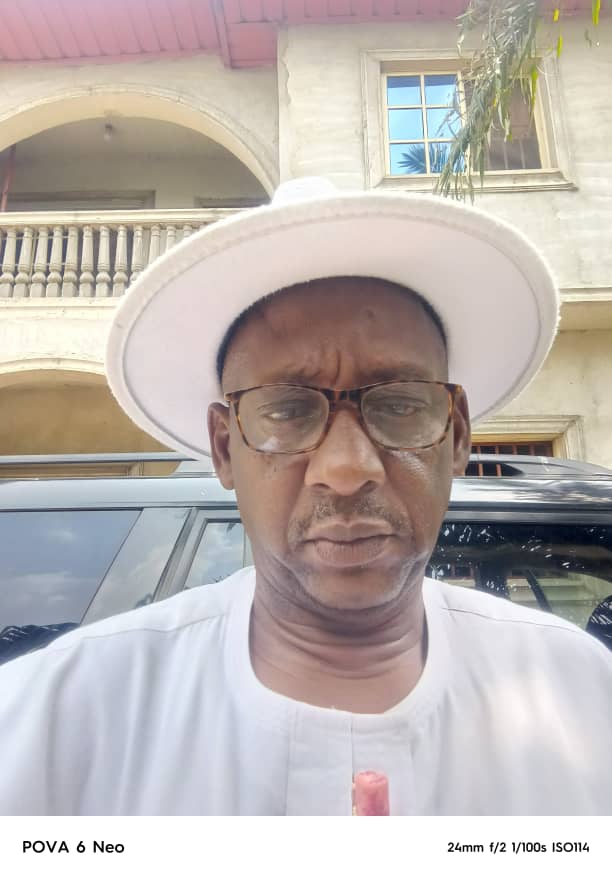634
By Daniel Adaji
The International Society for Social Justice and Human Rights (ISSJHR), has condemned the arrest of 74 homeless individuals by the Lagos State Government, warning that the action violates constitutional rights and reflects a failure in governance.
Chancellor of ISSJHR, Dr. Jackson Omenazu, in an exclusive interview with Pointblanknews.com on Friday, described the move as “a sign of a government that has lost its political bearing.
“The arrest of 74 homeless persons in that manner by the Lagos State Government is a sign of a government that is insensitive to the plight of the citizens,” Omenazu said.
“It is the duty of government to provide housing for the citizens—cheap and affordable housing at that,” he added.
Recall that earlier in the week, the Lagos State Environmental Taskforce conducted a midnight raid around key locations including Falomo Bridge, Oniru Beach, and Lekki Phases 1 and 2, arresting 72 men and two women. Commissioner for Environment and Water Resources, Tokunbo Wahab, confirmed the operation, saying the suspects would be charged to court.
But critics argue that such a move criminalizes poverty and homelessness—conditions largely driven by the country’s dire economic and housing crises.
“For a human being to remain homeless and be wandering on the street and sleeping on the street shows that such a citizen is dejected,” said Omenazu. “And instead of providing succour, the government arrests them and charges them to court.”
He questioned the legal basis for the arrests. “Under what laws are they being charged to court? There’s no extant law in this country that demands that a homeless person should be prosecuted. There’s no Act of Parliament that provides for that.”
Omenazu called the arrests a “gross violation of human rights” and demanded the immediate release of those detained.
“We at the International Society for Social Justice and Human Rights are calling for the immediate release and provision of affordable housing to the dejected Nigerians.”
Public reaction has been swift and largely critical. Social media users expressed outrage over the state government’s approach, with many questioning the morality of penalizing homelessness in a country grappling with economic hardship and a housing deficit estimated at over 28 million units.
“This is so pathetic, arresting people for being homeless instead of helping?” wrote Facebook user Ikechukwu Oge. Another user, Christian Chrisgold, said, “You want to charge a person to court for being homeless? What a nonsense government.”
Though a few voices supported the action on security grounds, the overwhelming sentiment was one of disappointment and concern.
“This is unacceptable in a democracy. Arresting them under such situations means that you are reminding them that there is no government to take care of them,” he said.
The development highlights broader systemic failures in Nigeria. According to the National Bureau of Statistics, over 63 per cent of Nigerians are multidimensionally poor—lacking access to healthcare, education, and adequate housing. With inflation and unemployment on the rise, the struggle to survive has become increasingly acute for millions.
Human rights advocates argue that until structural problems such as poverty, housing shortages, and joblessness are addressed, punitive actions against vulnerable populations will only deepen social inequality.
“We have had several cases of this one-term violation of rights by government against citizens,” said Omenazu.
“No citizen should be subjected to such inhumanity. The release of these people should be immediate without further delay,” he added.
As legal and civic groups mount pressure, attention now turns to whether the Lagos State Government will reconsider its approach—or push forward with prosecutions that many see as a stain on justice and democracy.



